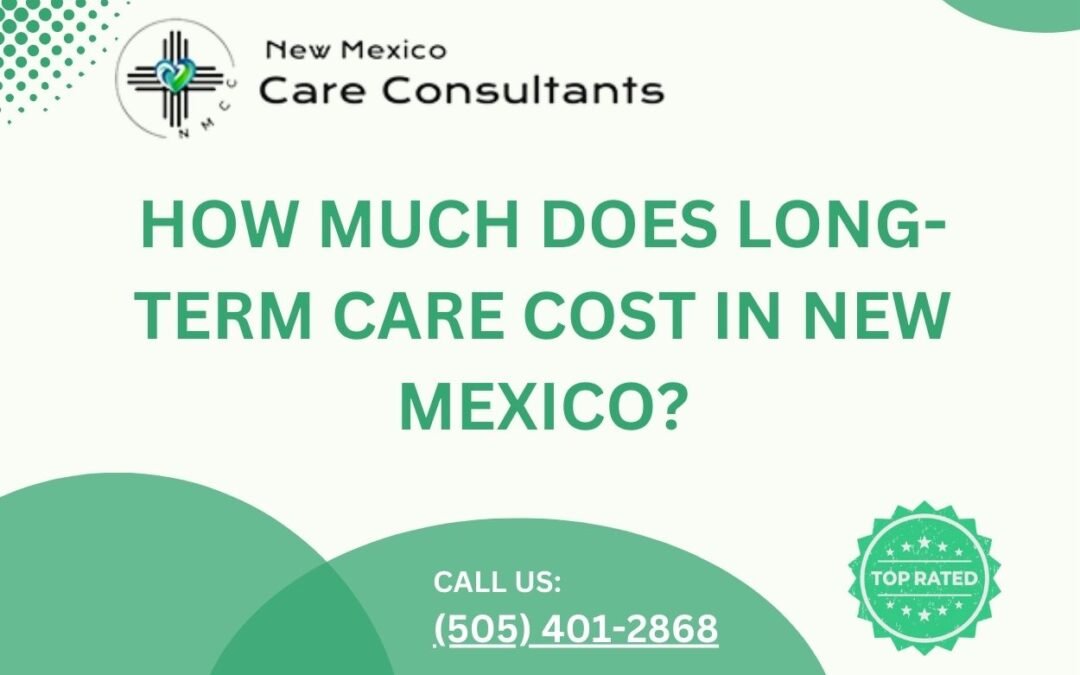The prospect of long-term care is a significant consideration for individuals and families, particularly as they age. Understanding the costs associated with elder care is crucial for effective financial planning. In Albuquerque, New Mexico, the average cost of elder care plays a pivotal role in shaping decisions regarding long-term care services. This article delves into the various factors influencing the cost of elder care in Albuquerque and provides insights into the financial landscape of long-term care in the region.
Factors Influencing the Cost of Elder Care:
The cost of elder care in Albuquerque, New Mexico, is influenced by a range of factors, each contributing to the overall financial considerations associated with long-term care services.
- Type of Care Services:
- The specific type of care services required significantly impacts the cost. Different levels of care, such as in-home care, assisted living, and skilled nursing facilities, come with varying price tags. In-home care tends to be more flexible but can still incur expenses based on the level of assistance needed.
- Location:
- The geographical location within Albuquerque can affect the cost of elder care. Facilities or services in more desirable or centrally located areas may come with a higher price due to increased demand and operating expenses.
- Level of Care Needed:
- The level of care needed by an individual is a crucial factor. Those requiring specialized care or assistance with activities of daily living may incur higher costs. Skilled nursing care, which involves medical supervision, generally comes at a higher price than non-medical care.
- Facility Amenities and Reputation:
- The amenities and reputation of a facility also contribute to the cost. Facilities offering additional services, upscale accommodations, or specialized programs may have higher fees. A facility’s reputation for quality care can also influence its pricing structure.
Average Cost of Elder Care in Albuquerque, New Mexico:
While specific costs can vary based on the factors mentioned above, it is valuable to explore the average cost of elder care in Albuquerque to gain a general understanding of the financial landscape.
- In-Home Care:
- In Albuquerque, the average cost of in-home care services typically ranges from $22 to $28 per hour. However, these costs can fluctuate based on the level of care needed and the agency providing the services.
- Assisted Living:
- The average cost of assisted living in Albuquerque varies, but it generally falls within the range of $3,500 to $5,500 per month. This cost covers room and board, meals, and assistance with activities of daily living.
- Skilled Nursing Facilities:
- For individuals requiring skilled nursing care, the cost in Albuquerque can range from $6,000 to $8,000 per month. This cost includes 24-hour medical supervision and support.
Understanding the average cost of elder care in Albuquerque is essential for individuals and families to make informed decisions about long-term care planning. Additionally, exploring different care options and facilities allows for a more comprehensive approach to financial considerations.
Financial Planning for Long-Term Care:
Given the potential high costs associated with elder care, proactive financial planning is crucial to ensure that individuals are adequately prepared for their future needs. Several strategies can be employed to manage the financial aspects of long-term care:
- Long-Term Care Insurance:
- Investing in long-term care insurance can help cover the costs of care services. These policies are designed to provide financial assistance for a range of long-term care options, easing the financial burden on individuals and their families.
- Savings and Investments:
- Building a dedicated savings fund or investment portfolio to cover potential long-term care costs is a prudent financial strategy. This allows individuals to have a financial cushion specifically earmarked for their care needs.
- Medicaid Planning:
- For those with limited financial resources, Medicaid planning is crucial. Understanding the eligibility criteria and working with professionals who specialize in elder law and Medicaid can help individuals access government assistance for their long-term care needs.
- Explore Community Resources:
- Albuquerque, like many other communities, offers various community resources and programs that support seniors. These resources can range from meal delivery services to transportation assistance, providing valuable support at a lower or subsidized cost.
Conclusion:
Navigating the average cost of elder care in Albuquerque, New Mexico, requires a thoughtful and proactive approach to financial planning. By understanding the factors influencing costs and exploring different care options, individuals and families can make informed decisions about long-term care that align with their financial capabilities. Additionally, incorporating strategies such as long-term care insurance, savings, and Medicaid planning can contribute to a more secure and well-planned future for those in need of elder care services in Albuquerque.

